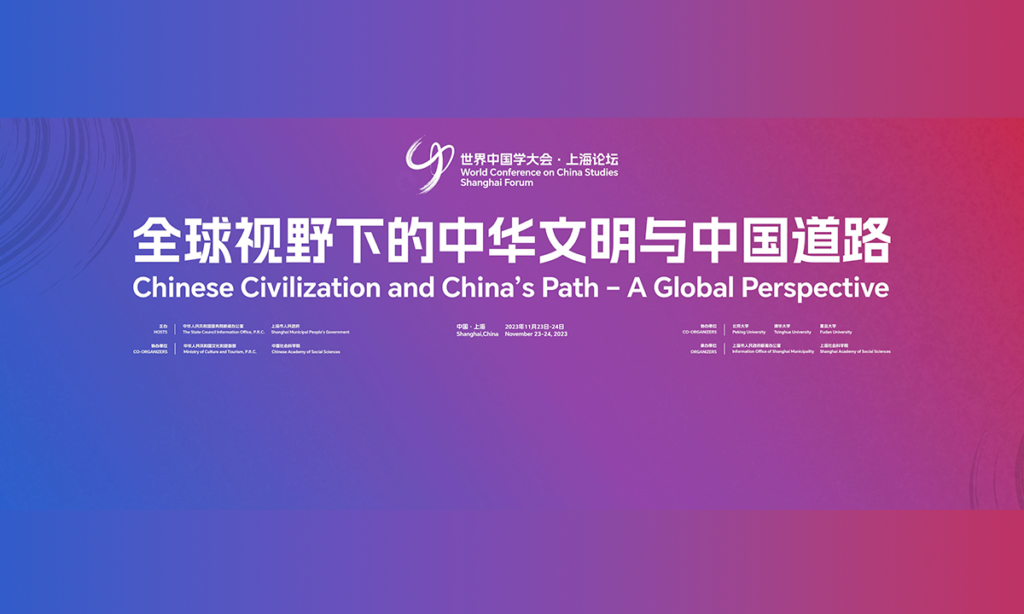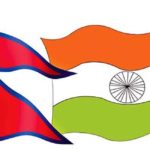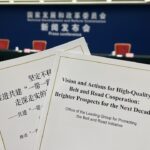Chinese President Xi Jinping sent a congratulatory letter to the forum on Friday.
Chinese civilization has a long history and has been enriched and developed through exchanges and mutual learning with other civilizations in the world, endowing Chinese modernization with profound cultural heritage, Xi said in the letter.
“Only by tracing the origins of history can we understand the reality of the world, and only by following the cultural foundation can we identify present-day China,” he noted. “It is through the mutual learning of civilizations that common progress can be achieved.”
Xi expressed the hope that experts and scholars from various countries will act as messengers connecting Chinese and foreign civilizations, uphold inclusiveness and openness, continuously promote China studies worldwide, foster mutual exchange of civilizations, and inject intellectual and cultural strength into the flourishing garden of world civilizations.
Li Shulei, a member of the Political Bureau of the Communist Party of China (CPC) Central Committee and head of the Publicity Department of the CPC Central Committee, read Xi’s congratulatory letter and delivered a keynote speech at the forum’s opening ceremony.
The winners of the 2023 Award for Distinguished Contributions to China Studies were announced at the forum. They included Timothy Brook, professor emeritus at Department of History, University of British Columbia, Baik Young-Seo, professor emeritus at Yonsei University, and Kishore Mahbubani, distinguished fellow of the Asia Research Institute, National University of Singapore.
In an acceptance speech he delivered at the forum, Brook described himself as an “outsider” who offers ideas and insights that may help people achieve a more objective and more universal knowledge of China, “and not just of China on its own terms and for itself, but of China as part of the world.”
In an interview with the Global Times ahead of the forum on Thursday, Brook suggested that young international scholars of China studies not only immerse themselves in Chinese culture and language, but also keep a global perspective.
“Use the knowledge from where you come, and bring that to bear on the knowledge that you learn about China, and think about how these two sets of knowledge can fit together,” he told the Global Times.
The Friday forum also announced the establishment of the World Association for China Studies (WACS). It is a non-profit, nongovernmental international social organization voluntarily formed by research institutions, scholars and experts of China studies from various countries and regions, explained Gao Xiang, president of the Chinese Academy of Social Sciences.
Co-hosted by the State Council Information Office of China and the Shanghai Municipal People’s Government, the forum was held under the theme “Chinese Civilization and China’s Path – A Global Perspective.”
The forum provided a platform for both Chinese and foreign scholars specializing or interested in China studies, in which they can share and exchange insights on Chinese history, civilization and modern development, as well as their impacts on the current global landscape, many participants of the forum told the Global Times.
The forum embodied the development of international China studies and the growing interest from global scholars in China-related issues, as China’s influence and contribution to the world continue to grow, they said.
More and more scholars from different countries are engaging in China studies, and trying to keep up with China’s rapid development and social change in recent years, said Rachel Murphy, professor of the Chinese Development and Society at the University of Oxford and former president of the British Association for Chinese Studies, and a guest speaker at the forum.
“China’s urbanization is progressing very fast,” Murphy told the Global Times in fluent Putonghua. “The book I wrote [about rural China] before is out of date now.”
Murphy is just one of many foreign scholars of China studies who are witnesses to China’s modernization and social development, said the forum’s guest speaker Zhang Weiwei, dean of the China Institute at Fudan University.
Today, with the Belt and Road Initiative (BRI) continuing to benefit the world, many countries, particularly some Global South countries that regard China as a model [of development], are curious about China’s success, said Zhang.
“In the past, some people in the West wanted to use Western civilization to represent a ‘universal civilization.’ But there is no such ‘universal civilization,’ nor does anyone have the right to impose the values of their civilization on others,” Zhang told the Global Times during the forum.
Chinese civilization, which has stretched for thousands of years, has proved the practical significance of coexistence and mutual learning among civilizations, he noted.
(Global Times)




